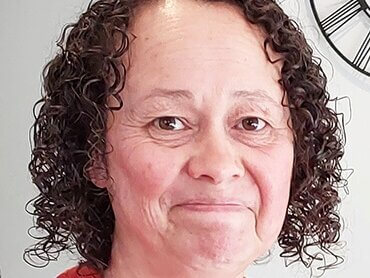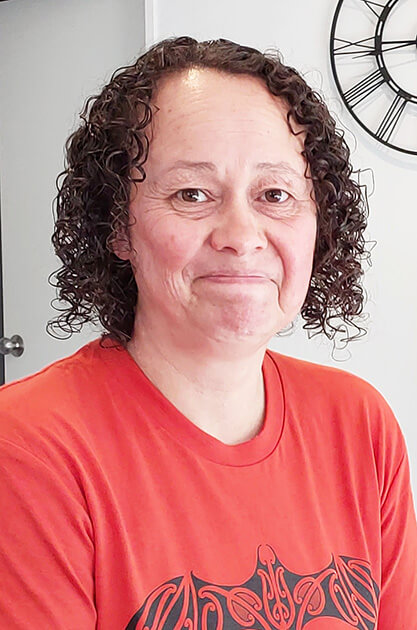

Karen Barlow
Predator Free Cambridge have been visiting Cambridge schools and the Cambridge Women’s Club this week to spread awareness about predator control and conservation week.
Karen Barlow, who has managed the Predator Free Cambridge project since 2020, has been giving talks to Cambridge Primary School and Cambridge High School as well as the Women’s Club.
This is her third session with Cambridge Primary School, where students make tunnel boxes. They have been primed to set up rate traps in and around the school.
“All the primary school kids always seem to be really keen”, said Barlow.
Predator Free Cambridge’s goal is to make Cambridge a safer place for native wildlife, and to represent Cambridge in the Predator Free 2050 project. Conservation Week – which ends on Sunday – gives them an opportunity to spread the word about predator control.
Every hand helps when it comes to predator control, said Barlow.
“If everybody had a trap in their backyard, that would be amazing”, she said.
Barlow said that there are many things people can do from their backyard that can help to conserve the native flora and fauna. Planting native trees is a big help, and tunnel traps can be bought at the Cambridge iSite.
Another simple way to help with conservation is to keep an untidy backyard.
“I know that sounds weird, but lizards love leaf litter, and insects too”, said Barlow.
“So not raking all the leaves away and having a sort of messy backyard helps. I’m not talking about overgrown lawns or anything like that necessarily, but just some leaf litter. Have gardens with soil and dirt and leaves in them”.
She said keeping pet cats inside at night, and putting a bell collar on it are good ideas.
“Even lazy, fat ones that get fed well still hunt. It’s just the way they are. But you can really help the birdlife out with a bell, and not letting them out at night”.
Barlow said when she joined predator free Cambridge “there were maybe eight trappers and one site that we trapped on, and now there’s 60 odd trappers and 11 different project sites”.
About 350 traps are purchased by backyard trappers each year.
- Sarah Morcom is a fourth year student at Te Whare Wānanga o Waikato, studying for a Diploma in Journalism at Wintec.








